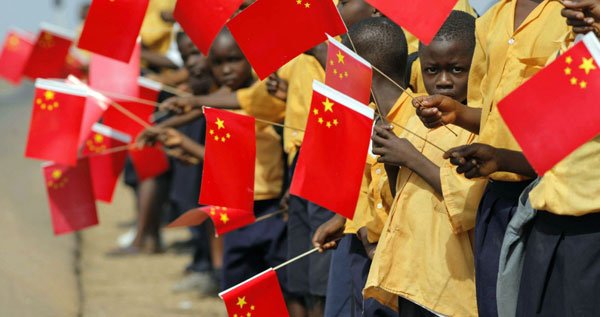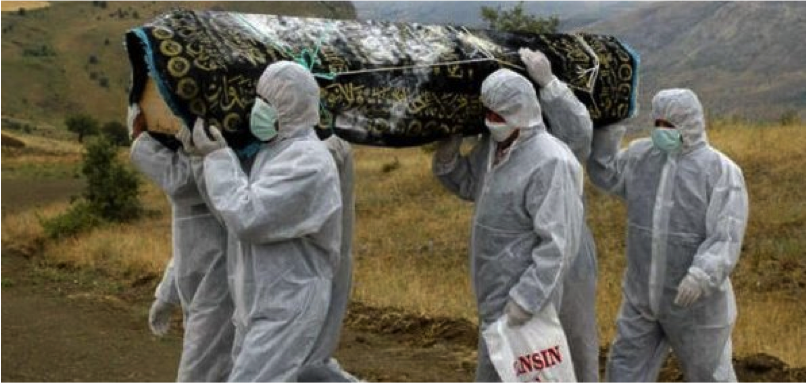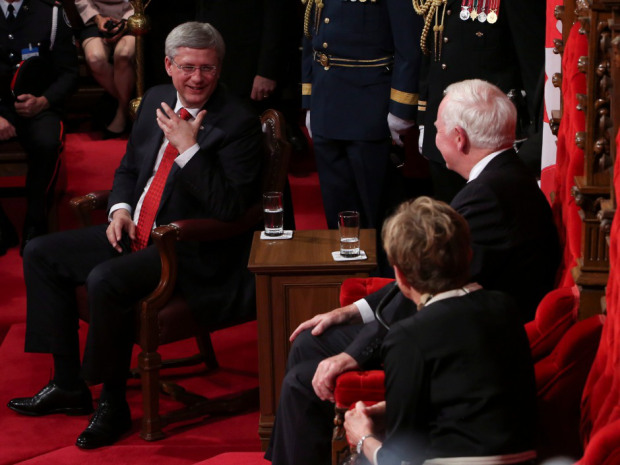In order to fuel its continued industrial growth, alongside its massive population, China is increasingly turning to overseas sources for resources. However, while the enormous scale and structural necessity of this foreign resource extraction on the Chinese economy is in some ways similar to previous colonial endeavors by import heavy European countries, the Chinese model has been remarkably adept at establishing control over vast swathes of resources by economic as opposed to military means.
Extensive Investment
A perfect case in point is China’s success in securing its ambitions in Africa. Alongside importing African raw materials, China has been building up and developing national economies there as well, in order to make the process more productive. The Asian giant has been largely engaged in exporting low-tech goods to countries within the continent , while contributing investments across the African manufacturing and natural resource sectors. Notable Chinese-driven projects include a new Indian Ocean port, residential construction, and copper mines in Zambia; coal mines in Zimbabwe; a superhighway in Kenya; and a rail network connecting Ethiopia to Djibouti.
This large scale investment does not just stop at the economic projects. China has also engaged in efforts promoting social development on the continent. The country is sending medical personnel for humanitarian assistance, launching expansive training programs for African workers, building cultural and vocational training facilities, providing over 18,000 government scholarships to African citizens, and making notable financial contributions to the African Union’s peacekeeping missions.
A Decade’s Long Strategy
The Chinese method is evident across much of Africa, and is paying off. China’s foreign direct investment in the region totaled over 20 billion USD by 2012; and some level of Chinese presence is felt in almost every country on the continent. China is now Africa’s main trading partner, with trade accounting for well over 100 billion USD. The percentage of total African exports destined for China have appreciated over the last decade, from 3 per cent in 1998 to over 20 per cent today. The cordial Sino-Africa relationship is expected to soon become even closer, as China has pledged a 20 billion USD credit to provide governments in Africa with funds for infrastructure and agriculture development over the next three years.
[captionpix align=”left” theme=”elegant” width=”300″ imgsrc=”http://natoassociation.ca/wp-content/uploads/2013/10/chinaafricatradegrowth.gif” captiontext=”China and Africa’s trade growth from 1995-2010″]
Today’s high level of Sino-African ties took root in 2000, when former Chinese president Hu Jintao hosted representatives from 44 African nations in Beijing to launch the Forum on China-Africa Co-operation (FOCAC). By forging new diplomatic and trade relationships through establishing ties between African and Chinese representatives, the meeting established the directive for China to evolve as Africa’s largest trading partner.
This move was unprecedented. As stated by Richard Poplak, a South African-based Canadian author and journalist, “what the Chinese did that no one else had done before was that they considered Africa as a market – a market for Chinese goods, institutions and services – when the rest of world viewed Africa as an economic basket case and a place for aid programs.”
At the time, mainline Chinese views on opportunities in Africa were vastly different from those of its Western counterparts. “China […] emphasized multilateral agreements with entire regions of sub-Saharan Africa – agreements the US has largely avoided in the past,” says Thomas Tieku, an assistant professor at King’s University College.
The prevailing view that China is promoting is that it views Africa as a good investment, with a promising prospect for economic growth. It is also striving to develop goodwill amongst African leaders and populations. China has declared it is not simply bucketing money in Africa but assisting with its self-development and supporting peace collectively through cultural and educational exchanges, as well as scientific and technological co-operation.
Is the Honeymoon Over?
Although a resource hungry China seems to serve as an appropriate partner and catalyst for Africa’s growth, the increasing presence of Chinese businesses in Africa has caused concerns. Many in the West fear that China either already has or will become a neocolonial power through its dealings in Africa and elsewhere, and accuse the country of undermining human rights by violating local laws, intensifying already entrenched patterns of corruption, and causing environmental wreckage in the process of sacking Africa’s natural resources.
[captionpix align=”right” theme=”elegant” width=”300″ imgsrc=”http://natoassociation.ca/wp-content/uploads/2013/10/Hu-Jino-Tao-and-africa.jpg” captiontext=”Chinese President Xi Jinping at a Sino-African summit”]
Some Africans too have had mixed feelings about Sino-African co-operation. The Governor of the Nigerian Central Bank, Mallam Sanusi, has stated that, “China takes from us primary goods and sells us manufactured ones – this was the essence of colonialism.” Several also complain that large numbers of Chinese workers have come to Africa, taking jobs from locals. In Kenya for example, where thousands of Chinese workers have come to build projects, there is some local backlash. “It’s wrong for them to do what Kenyans can do,” says Boniface Mwangi, a socio-political activist there. “They bribe and don’t care about human rights, which makes it a win-lose situation.”
By and large, however, African governments and people have welcomed Chinese investment. China offers Africans a contrasting model to that of the Western donor bloc, known for creating a mess in unstable nations like Libya, Algeria and Mali or hypocritically dictating to Africans who to vote for in democratic elections.
A number of experts have forecast a tension between the US and China to develop in the coming years as the US attempts to catch up with China’s growing influence in Africa and to establish a long-lasting military presence on the continent. The question of where expanding Sino-African ties will take the two partners, while the dilemma of how the West should respond to it, is one which will be answered in the coming years, and will greatly shape the geopolitical outlook of all involved.




